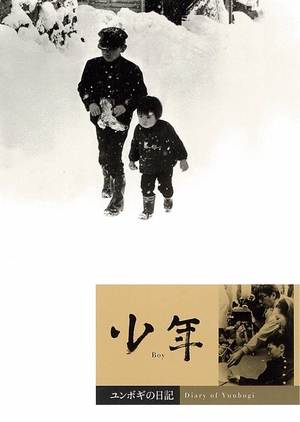Yunbogi's Diary fans also viewed:
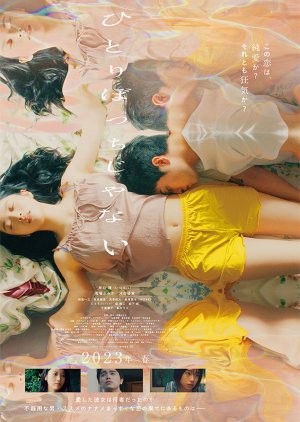
In Her Room 2023 (Japan)
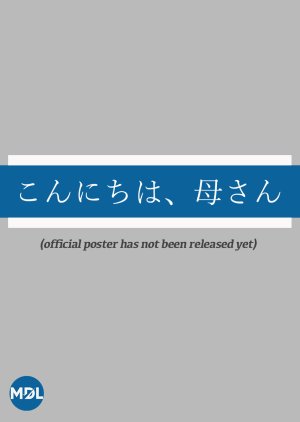
Hello, Mother 2023 (Japan)
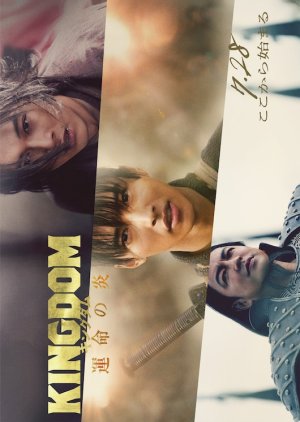
Kingdom 3: Flame of Destiny 2023 (Japan)
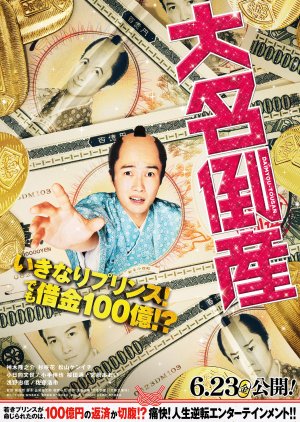
Daimyo Tosan 2023 (Japan)
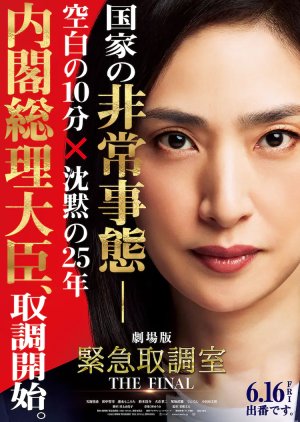
Emergency Interrogation Room: The Final 2023 (Japan)
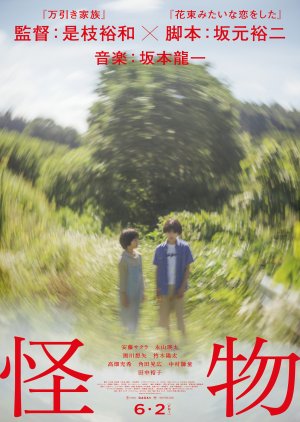
Kaibutsu 2023 (Japan)
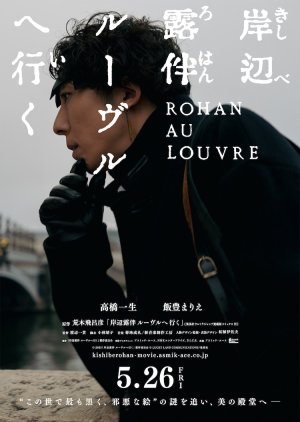
Rohan au Louvre 2023 (Japan)
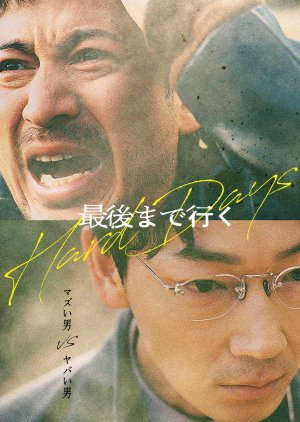
Hard Days 2023 (Japan)

Otona Najimi 2023 (Japan)
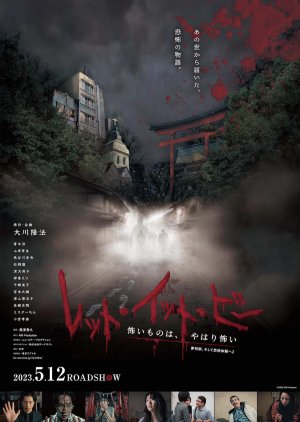
Let It Be: Fear Never Ends (Into the Dreams...and Horror Experiences 2) 2023 (Japan)
